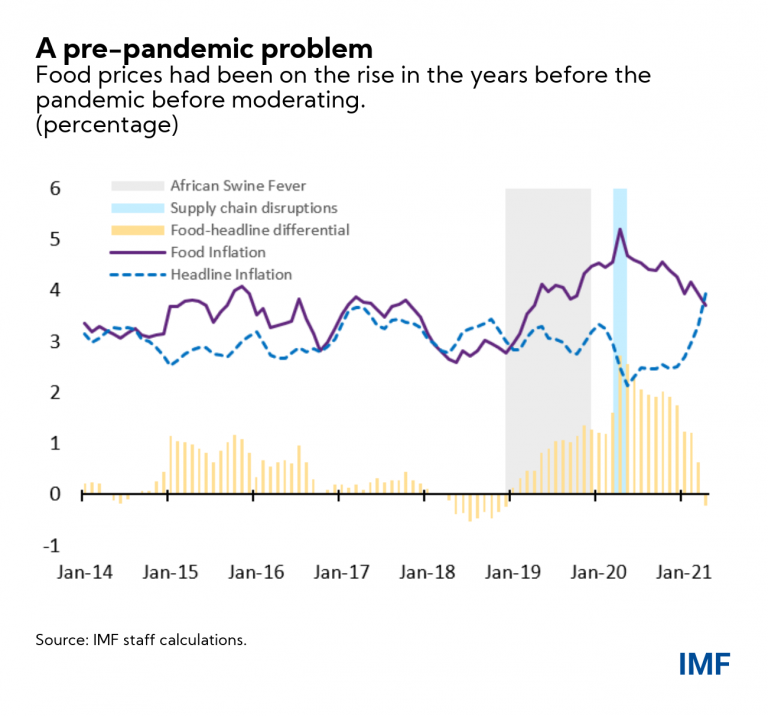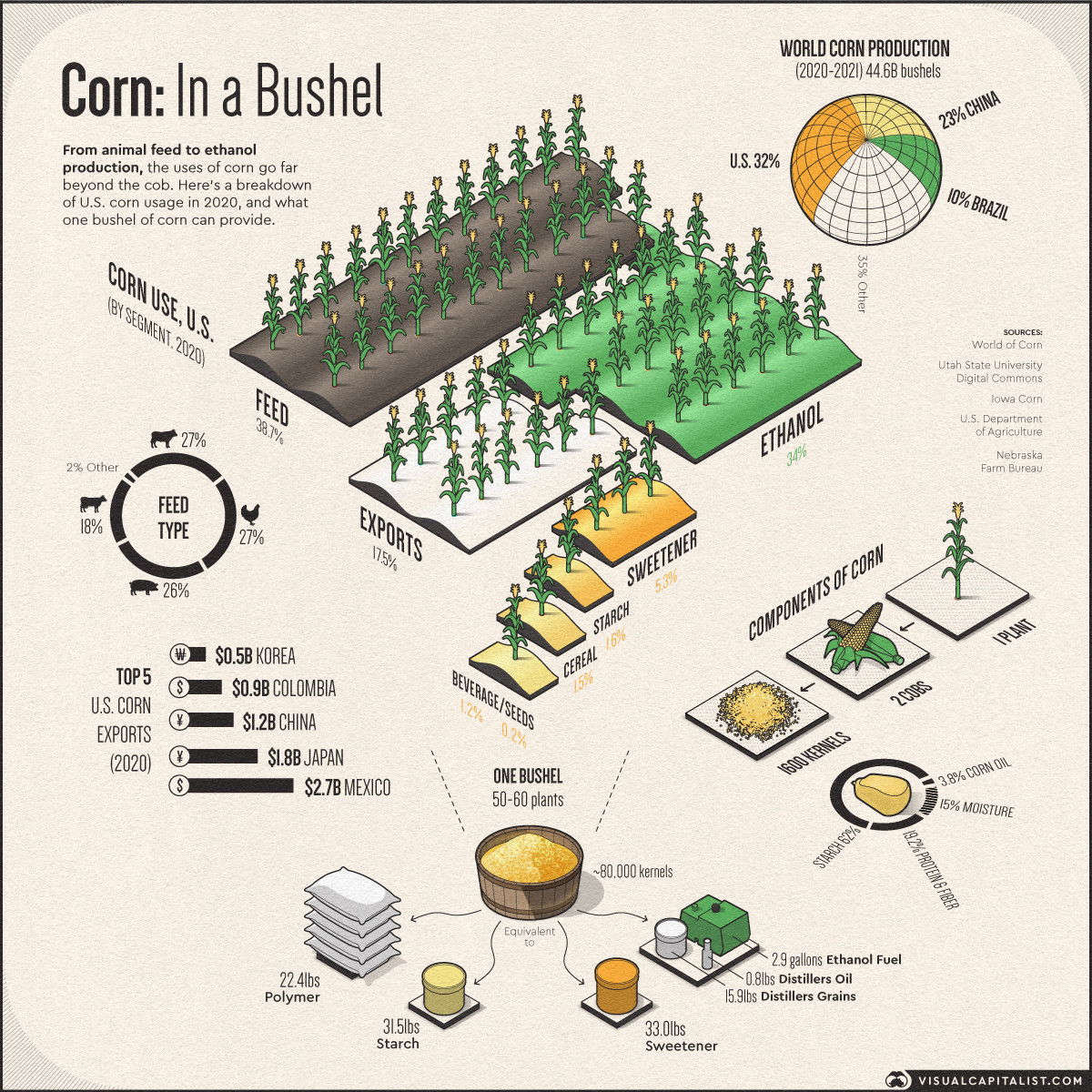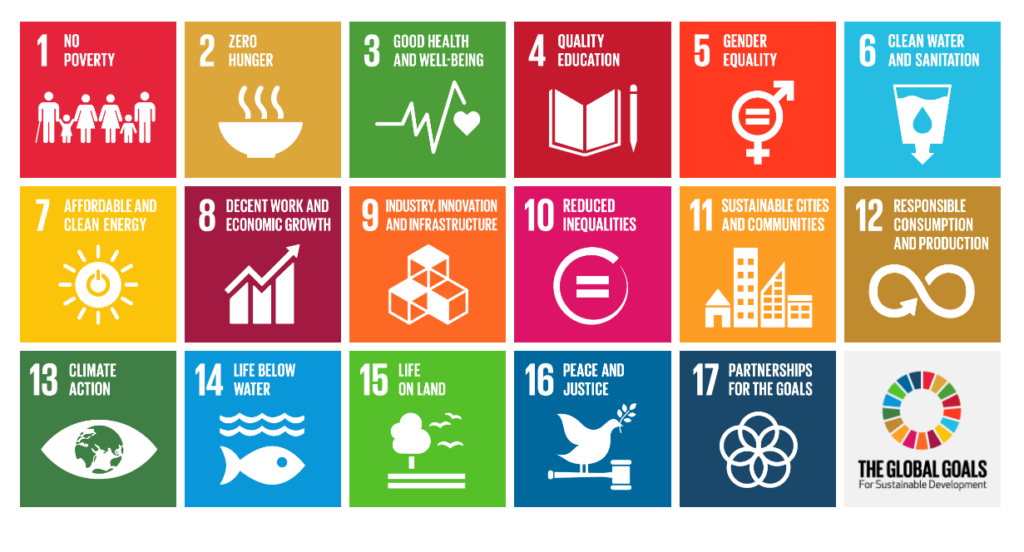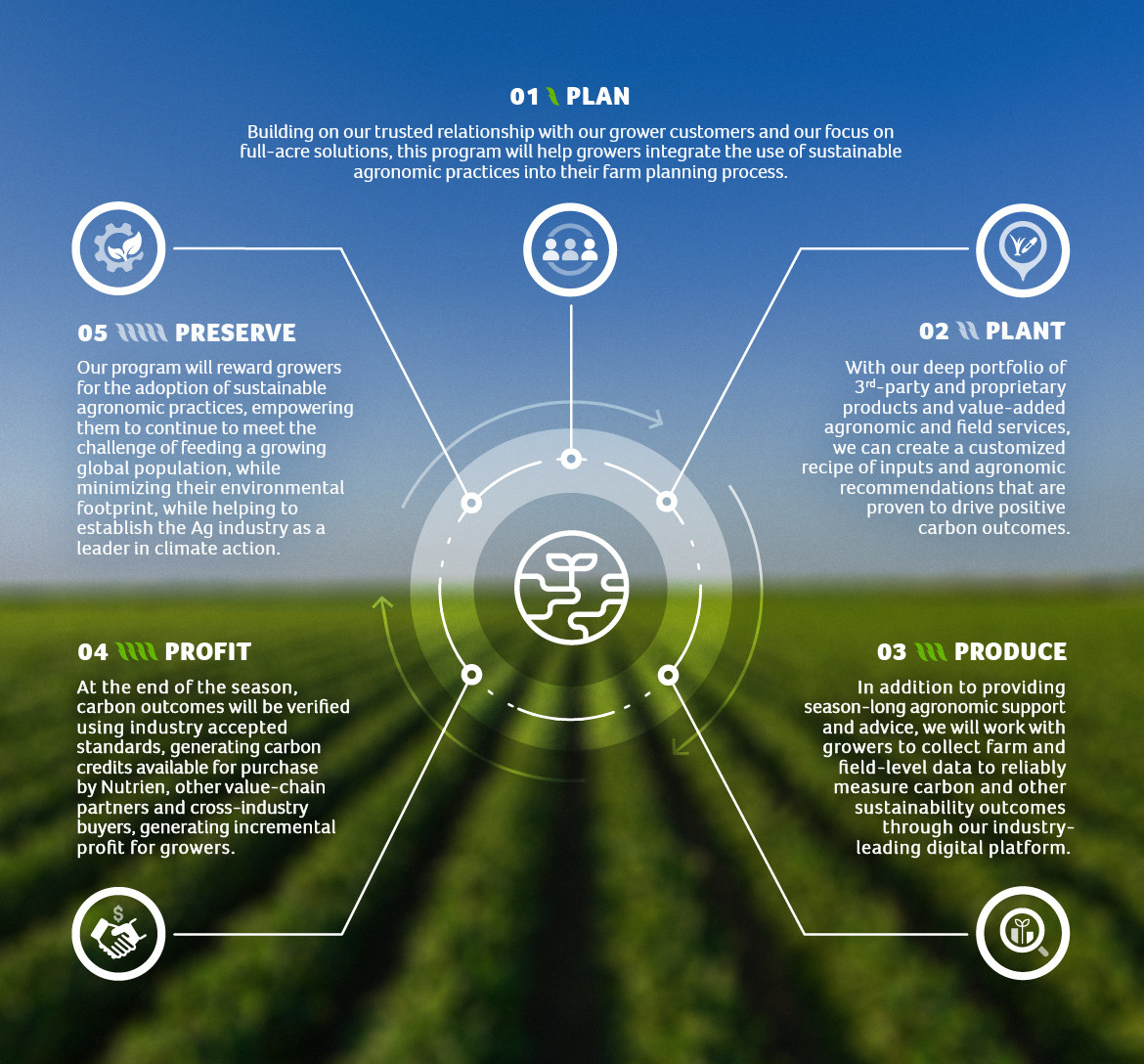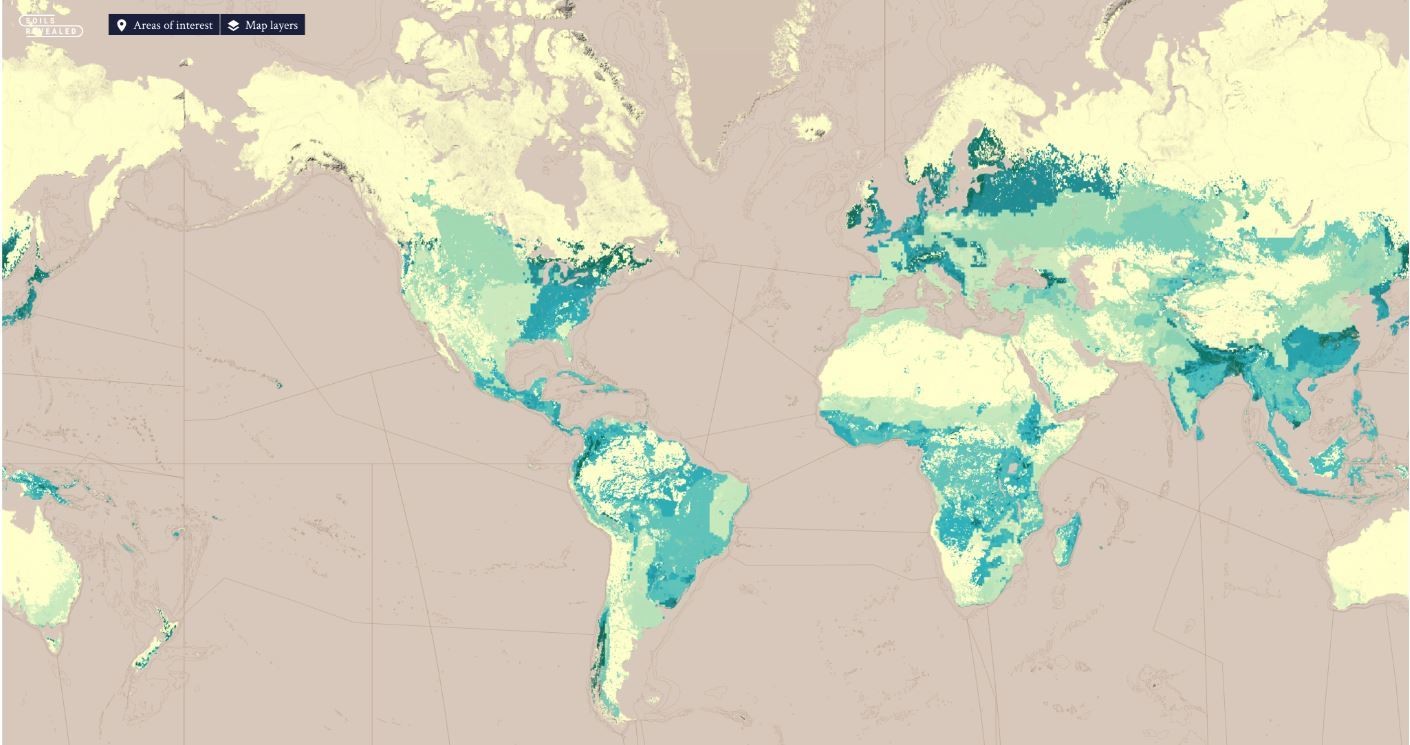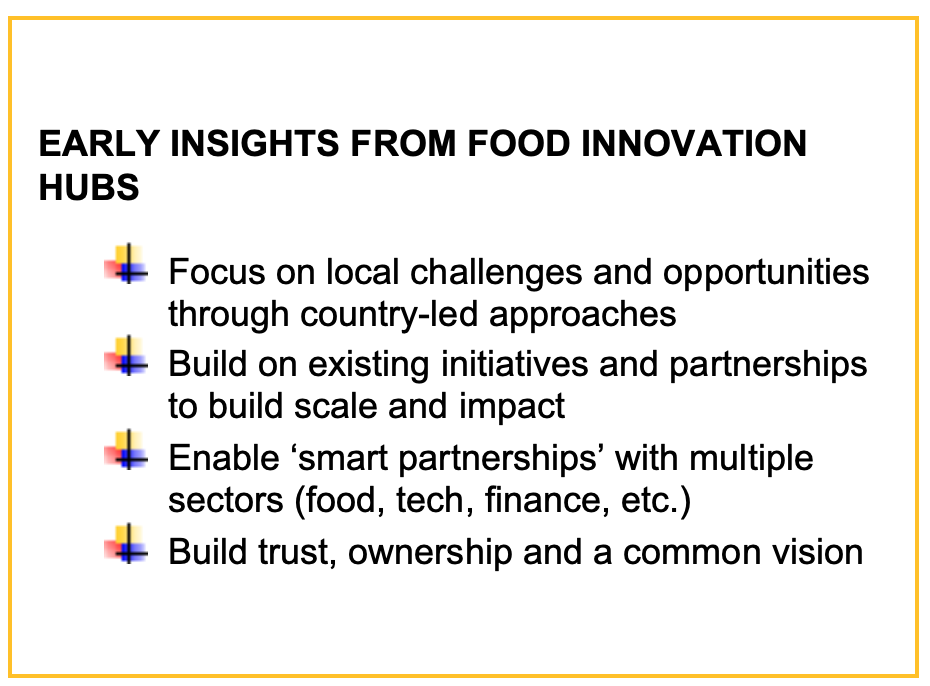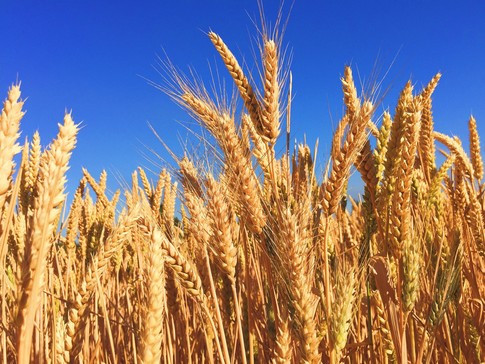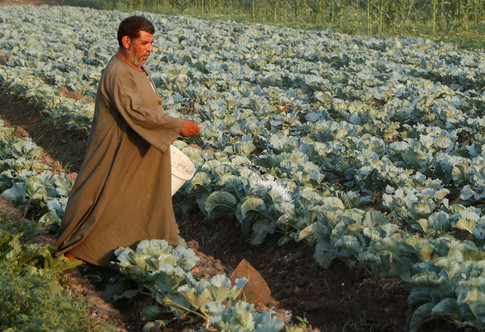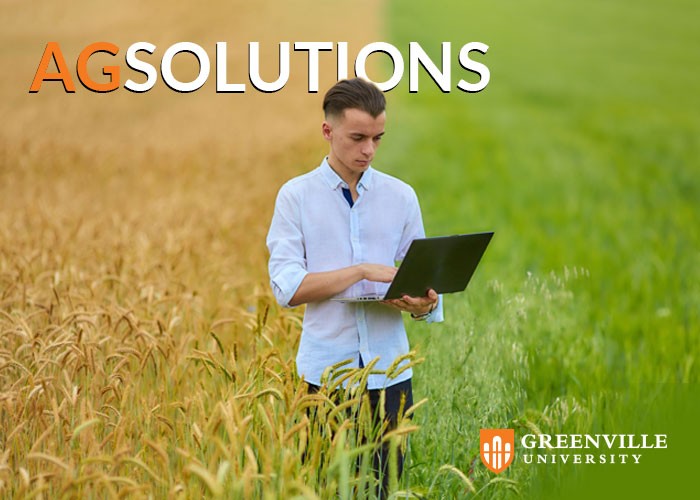Topics: Environment, Climate Change, Regenerative Agriculture,
100 Million Farmers: Transitioning towards net-zero, nature positive food systems
100 Million Farmers is a multistakeholder platform catalysing action to transition towards net-zero, nature-positive food systems by 2030. It sets out a shared global ambition while supporting local solutions that incentivise farmers and empower consumers to place climate, nature and resilience at the core of the food economyTransforming food systems: an imperative and an opportunityAgricultural systems are increasingly being acknowledged for their unique potential to address global challenges. Food system actors can feed a growing population while leading the fight against climate change and nature loss by adopting practices that not only reduce emissions but also sequester additional carbon from the atmosphere. Mainstreaming regenerative and climate-smart agricultural practices, which are at the centre of this process, can also create additional co-benefits, such as increased socioeconomic resilience, improved livelihoods and enhanced soil and water health. The cumulation of these benefits, described as a “carbon+” approach, would ensure the health of both people and the planet.Changing the way we produce and consume food could create USD 4.5 trillion a year in new business opportunities and 191 million new jobs by 2030.Towards net-zero, nature-positive food systemsAmbitious and integrated action across sectors is needed to rebuild the food and agriculture economy with climate, nature and resilience at its core. Critical to this action is the development and deployment of market-based incentives – including, but not limited to carbon markets – that signal to actors along supply chains that there is value beyond productivity alone.100 Million Farmers has three bold objectives which place the farmer at the centre of the transition and recognise the need to empower consumer demand:1. Demonstrate the ability of food systems to shift away from significant emissions and nature degradation towards climate mitigation, adaptation and nature restoration, through cost-effective and practical solutions.2. ...
-
(0)
-
Bookmark
- Comments (0)
Why are food prices rising? Here are 4 key insights
IMF experts explore the implications of rising food prices and the causes behind it, which could impact emerging markets and developing economies the most.
-
(2)
-
Bookmark
- Comments (0)
Topics: Corn/Maize, Agriculture US, Agriculture Global, Ethanol/Biofuel, World Population,
From feed to fuel: This is how corn is used around the world
The U.S. is the world’s largest producer and exporter of corn and accounted for 36% of exports in 2020.
-
(0)
-
Bookmark
- Comments (0)
Why we all need farmers to have access to better seeds
Increased food security will alleviate global hunger, and support progress in health, education, and political stability.
-
(1)
-
Bookmark
- Comments (0)
01/21/2021 SOURCE: www.weforum.org
Art, innovation and sustainable agriculture collide, creating an illuminating new way to grow food.
This light show in a field isn’t just pretty – it’s helping grow crops with less need for pesticides
-
(0)
-
Bookmark
- Comments. (0)
01/14/2021 SOURCE: www.weforum.org
The agricultural industry is well positioned to scale-up a carbon economy, helping to make a significant contribution to the reduction of greenhouse gas emissions.
Could agriculture deliver natural climate solutions?
-
(0)
-
Bookmark
- Comments. (0)
12/17/2020 SOURCE: www.weforum.org
More than a third of the world’s soil is already degraded, and that could rise to 90% by 2050 if nothing is done, threatening our food systems.
A 10-year plan to save the world's degraded soil
-
(0)
-
Bookmark
- Comments. (0)
11/21/2020 SOURCE: www.weforum.org
To ensure everyone in the global food system can benefit from technology, Food Innovation Hubs will drive solutions to meet local challenges and scale impact.
How Food Innovation Hubs will scale technology to transform our food system
-
(0)
-
Bookmark
- Comments. (0)
11/18/2020 SOURCE: www.weforum.org
A coherent, traceable supply network is key to ensuring food is safe, nutritious and sustainable. Here's what's needed.
How a smarter network could revolutionise our food system
-
(0)
-
Bookmark
- Comments. (0)
 Randy Krotz
Randy Krotz
Topics: Agriculture US, Agriculture Global, Food/Nutrition, World Hunger, World Population,
”Global food systems are not meeting all the needs of people and planet. Currently, more than two billion people globally are overweight or obese, more than 600 million people fall ill due to unsafe food each year and one in nine people in the world are undernourished. In parallel to issues around malnutrition and safety, one third of the food produced in the world for human consumption every year — approximately 1.3 billion tonnes — gets lost or wasted.”
How to transform food systems and leave fewer people hungry
Food systems aren’t meeting global needs. Consumers and Farmers can change this together.
-
(0)
-
Bookmark
- Comments (0)



